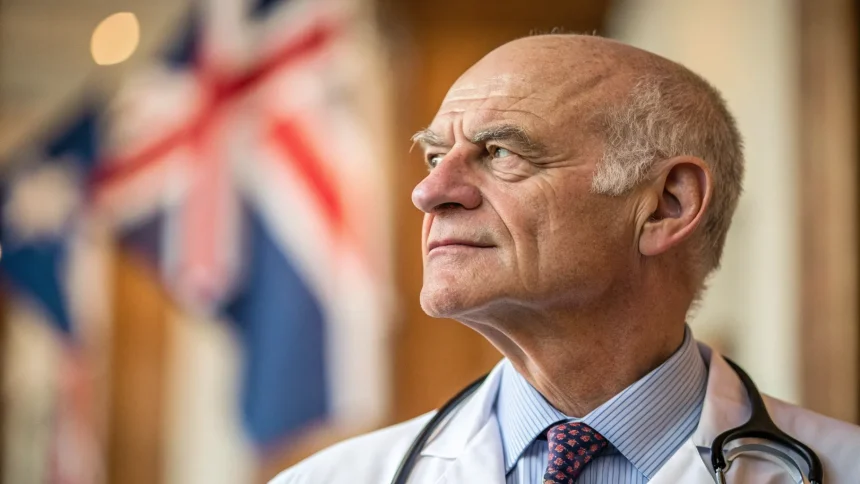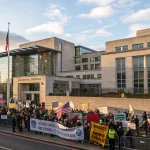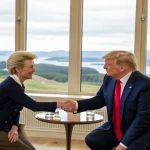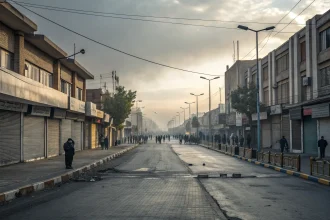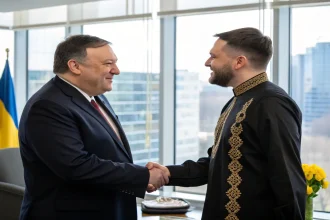Dr. David Nabarro, the British physician who spearheaded United Nations responses to major global health emergencies, has died. Throughout his distinguished career, Nabarro led international efforts against bird flu, Ebola, and most recently, the COVID-19 pandemic.
As a key figure in global health security, Nabarro built a reputation for coordinating complex multinational responses to disease outbreaks that threatened populations across continents. His work helped shape how the world responds to emerging health threats.
A Career Dedicated to Global Health Security
Nabarro’s work with the United Nations put him at the forefront of some of the most challenging health crises of the 21st century. His leadership during the bird flu (H5N1) outbreak helped prevent what many experts feared could become a devastating pandemic.
During the 2014-2016 West African Ebola outbreak, which killed more than 11,000 people, Nabarro coordinated the UN’s response, working to mobilize resources and expertise to contain the deadly virus. His ability to bring together diverse stakeholders proved critical in limiting the spread of the disease.
Most recently, Nabarro served as a Special Envoy on COVID-19 for the World Health Organization. In this role, he advocated for coordinated international action and provided guidance to countries on effective response strategies.
Impact on International Health Policy
Beyond his direct crisis response work, Nabarro influenced how nations prepare for and respond to health emergencies. His approach emphasized:
- Building strong health systems capable of detecting outbreaks early
- Developing coordinated international response mechanisms
- Ensuring equitable access to medical countermeasures
- Engaging communities in health emergency responses
“Health security is not just about responding to outbreaks,” Nabarro stated during a 2018 address. “It’s about building systems that prevent them from becoming catastrophes.”
Legacy in Global Health
Colleagues remember Nabarro for his strategic thinking and diplomatic skills. His ability to navigate complex political environments while maintaining focus on public health outcomes made him particularly effective in his roles.
Nabarro’s work helped establish frameworks for international cooperation during health emergencies that continue to guide response efforts today. His advocacy for viewing health challenges through multiple lenses—including economic, social, and environmental factors—influenced how organizations approach complex health problems.
The physician also mentored countless public health professionals who now hold leadership positions in global health organizations, extending his influence beyond his direct contributions.
Nabarro’s death represents a significant loss to the global health community at a time when expertise in managing international health crises remains critically important. His methodical approach to crisis management and commitment to evidence-based interventions set standards that continue to inform how the world responds to emerging health threats.
As nations continue to navigate the aftermath of COVID-19 and prepare for future health challenges, Nabarro’s principles of coordination, equity, and systems-thinking remain relevant guides for effective global health security.


